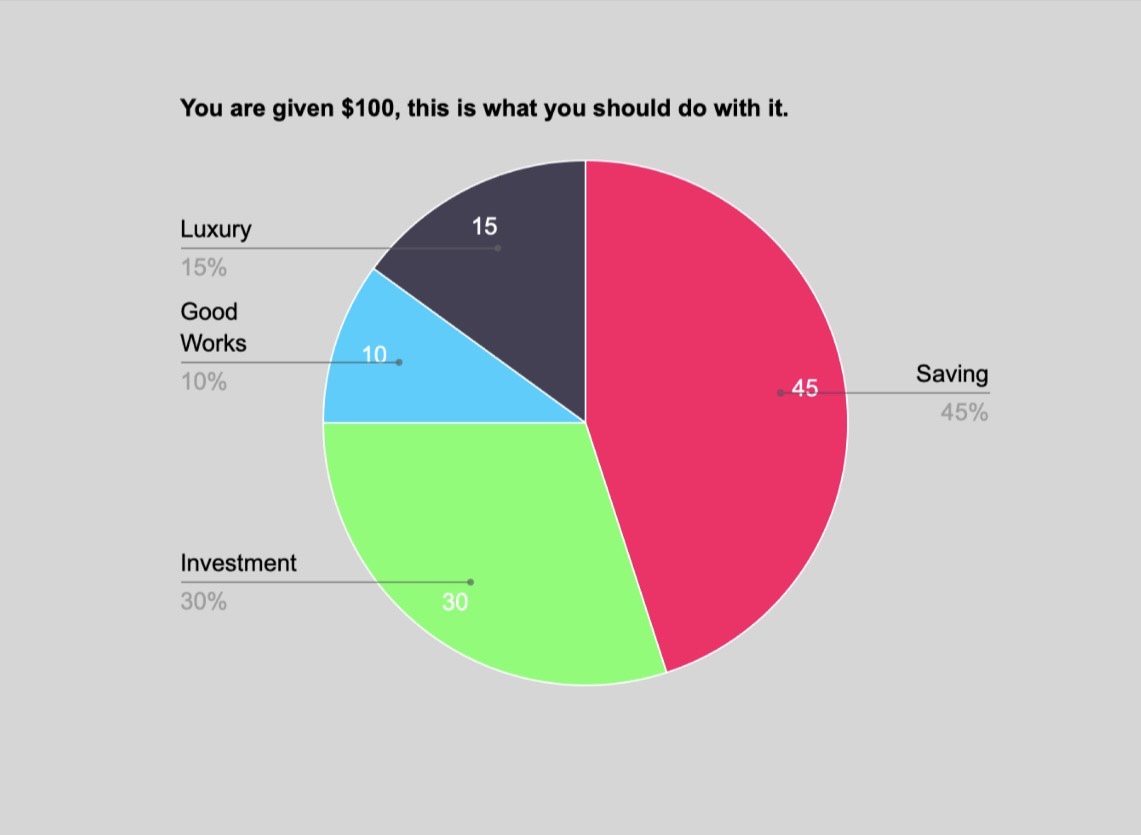A teenage girl had an amazing life, with her loving friends and family. One day she got a cell phone as a Christmas present from her father. She was really excited that she got her first phone and got super into it, organizing in the way she wanted and everything else she had wanted to do; most importantly, she had the opportunity to communicate with her friends through texting and social media. As time passed, she noticed that she spent too much time using her phone and spent no time with people in real life. After the girl noticed this problem, she laid down her phone while she was around people and only used it when it was necessary. This story is not something that is unusual, because this is a story about myself—and it may represent many others.
Electronic devices make our lives easier and more efficient. These are used in many different ways around the world and many of them are bringing benefits to the society. Electronic devices are improving society through many different ways: communication, researching, stress relief, and many others can be found as beneficial. However, it is important to acknowledge that, as stated in an article called How Technology Affects our Society, by DeLoatch, “the benefits of electronic devices are a double edged-sword with the half being beneficial and the other half being detrimental”. These have many unintended, negative impacts that are really harmful by being a serious, long-term consequence. Inappropriate or overuse of electronic devices can lead to several dangerous consequences that most people, especially teenagers, are unaware of.
When they start making use of electronic devices, especially social network, people are exposed to social danger. Sadly, people do not notice that they are being exposed to numerous risks. The reason for this is that teenagers share information that can actually give criminals enough information for them to know one’s lifestyle and their patterns throughout the day. The act of sharing information on social networks that are available in most electronic devices would provoke some people with bad intentions to search out for everything they want. Also, the use of social networks through electronic devices lower people’s self-esteem. People start to focus on what is acceptance and the opinions other people have about them. People try to match on what it is the unreachable standards of what the world had developed about beauty or popularity.
Another negative consequence from electronic devices is that it affects how people think and feel, making them believe in what they are watching or listening. It decreases their brain use, not giving them the enough opportunities to use their imagination or think deeply. While people use these devices they are not active, both physically and mentally. This might not seem like something important, but in the long-run it will eventually make people unable to think wholly.
The impact that the electronic devices have made in the families is also affecting the development of the children in their household. Rowan states, “Movement, touch, human connection, and exposure to nature are the critical factors necessary to achieve a healthy child development”; however, electronic devices are making these children less active every time. Children now do not want to go outside and enjoy nature. As more of these situations happen around the world, the children – who are the next generation – complicate their development.
Scientists and psychologists are beginning to have concerns about what the dependence on electronic devices is doing to people’s minds. Stanford psychologist Kelly McGonigal claims that “people feel not just addicted, but trapped”. Many professional communities, like the Google, Twitter, and Facebook, are noticing this problem so they are even advising their employees to think, learn, and express their own opinions, making them alert about the dangers of overuse of these devices. Every time our own electronic device rings with a new text, notification or email, it sparks a sense of expectation, which shows that we are addicted to them. Psychologists found in a study by Elmore that “internet addicts can simulate addiction like those of cocaine addicts and alcoholics. It might look as if it is not a big deal at the beginning, but thinking deeper about it creates a realization of the dangers.”
Although I usually to spend my free time using electronic devices, that time I consider more of a waste. I really believe that electronic devices are something that makes human brains incapable of expressing themselves. I had this time when I was kind of living alone, and I did not have interactions with other people, so I was spending almost all the time with electronic devices. After a certain period of time, I did not like to talk to anyone, and even worse, I did not like to talk about myself and my thoughts.
Electronic devices make our lives easier and more simple. Today, many people have many opportunities to prosper and to communicate by using electronic devices. However, “with each advantage comes a potential cost”. We cannot really ignore all the consequences that electronic devices has been causing throughout the past couple of years. The decision to use these devices has to be made with great thinking and a decision to not fall into the temptations many had been through. Elmore reminds us that “technology is a blessing and a curse. Like anything, moderation is the key. Work to keep it positive and make the technology work for you, not the other way around”.


